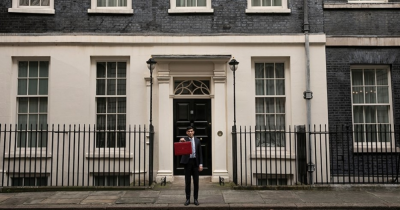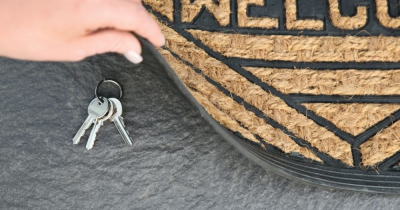Spread some holiday cheer and win a prize in our competition for the best Easter colouring/drawing… chocolate to be won!
In Parliament today, Chancellor Rishi Sunak announced the 2021 budget, which he called the ‘budget for recovery’. Here we take a look at what today’s budget announcement means for your home and your future plans…
Not everyone has time to get really into gardening and the garden can become a little neglected for junk and weeds. With careful plant choices and a few bold visual accents, it’s possible to cultivate a gorgeous garden in a small amount of time.
Don’t just clean faster, clean smarter with these 10 tips that will shave chunks off your weekly cleaning time.
Are you spending hours looking through listings, but just can’t bring yourself to put your home on the market?
During the pandemic, many people have been reflecting on their living situation and their needs moving forward. If your circumstances have changed, for example, your children have grown up and moved out or you have recently retired, you may be thinking about downsizing.
Rishi Sunak is preparing to extend the stamp duty holiday by three months until the end of June, The Times has reported. What does this mean for property buyers and sellers in the coming months?
Rumour has it that the smell of freshly baked bread can make your home more appealing and sell quicker however there are a number of other ways that you can add some spectacular smells to your home.
Unfortunately, it can be quite common for a house to have poor air quality. Unless a house has great circulation and lots of windows, it can become quite stagnant. People spend around 90% of their time indoors, so air quality is important.
Homes around the country are burgled due to the fact that homeowners hide their spare key in an obvious place outside their house. The two most popular choices are under a doormat or plant pot, or inside a fake rock in the garden, but these will be checked first!
Downsizing your property can be quite an emotional upheaval. You can feel really sad to be leaving your home, but at the same time excited to be embarking on a new adventure and starting a new life.
So now that the kids are grown and have left the nest so to speak, you have extra time and extra space! Woo hoo!











